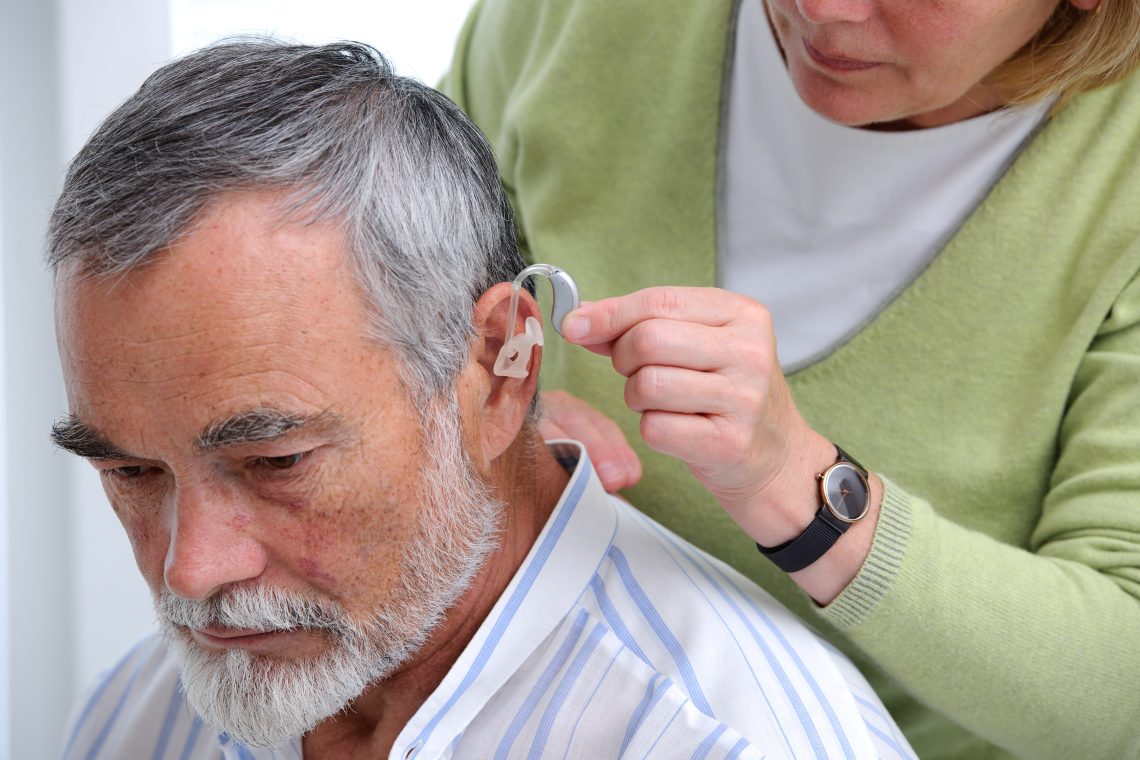Today we want to share top tips for caring for your hearing as you get older. According to the National Institute of Health, “about one in three people in the U.S. between the ages of 65 and 74 has hearing loss.” After all, our bodies change quite a lot as we age, and hearing loss tends of any degree tends to be a side-effect of living a long life.
However, there are specific steps you can follow to take care of your hearing as you get older.
Understand the causes of hearing loss.
One of the easiest ways to take care of your hearing as you get older is to understand the potential triggers. This can help you to avoid them or at least make you more aware of scenarios that may make you more vulnerable to hearing issues.
The most common cause of hearing loss include:
- General ageing
- Long-term exposure to loud noises
- Genetics or hereditary conditions
- Health conditions such as diabetes or high blood pressure
Be aware of the symptoms of hearing loss
Being aware of some of the common symptoms or side effects of hearing loss can also help protect your hearing, as it means you’re able to seek out medical advice sooner rather than later. Common symptoms include:
- A buzzing/ringing sound in ear (tinnitus)
- Sounds appear muffled or distant
- Struggling to follow conversations
- Withdrawing from social situations
- Having to turn up the volume of your TV, phone, radio and other electronic devices
- Feeling as though you have to ‘strain’ to hear certain sounds
- Difficulty picking up on high-pitched sounds
- Struggling to communicate with those around you
- Relying on lip-reading during conversations
Consider Hearing Aids
If you’ve noticed a significant change in your hearing, then you may want to consider purchasing hearing aids. While they cannot undo damage to your hearing, they can prevent further strain while also masking some of the symptoms you are facing.
However, it’s also important that you ensure you keep your hearing aids in good working condition, as they’re a tool you’ll use every day moving forward. For example, you should research hearing aid feedback solutions ahead of time so that you know what to do if you can hear nothing but feedback when wearing them.
Speak to an audiologist.
Speaking to an audiologist can also come in handy when it comes to protecting your hearing, as they’ll be able to provide you with expert guidance and advice on all things auditory health. For example, they may give you tips on how to alter your diet or lifestyle in order to protect your hearing or simple guidance on how to better make use of your hearing aids.
You should also ensure that you get your hearing tested regularly. After all, hearing loss is something that often occurs gradually – meaning you may not notice what is happening right away. Typically, it’s advised that adults aged fifty and above get their hearing tested every two years or more often if they notice any sudden changes. When you’re aged seventy and above, you should get your hearing tested once a year.
Read more wellness articles at ClichéMag.com
Images provided by BingAI, Adobe Stock, Flickr, Unsplash, Pexels, Pixabay & Creative Commons





